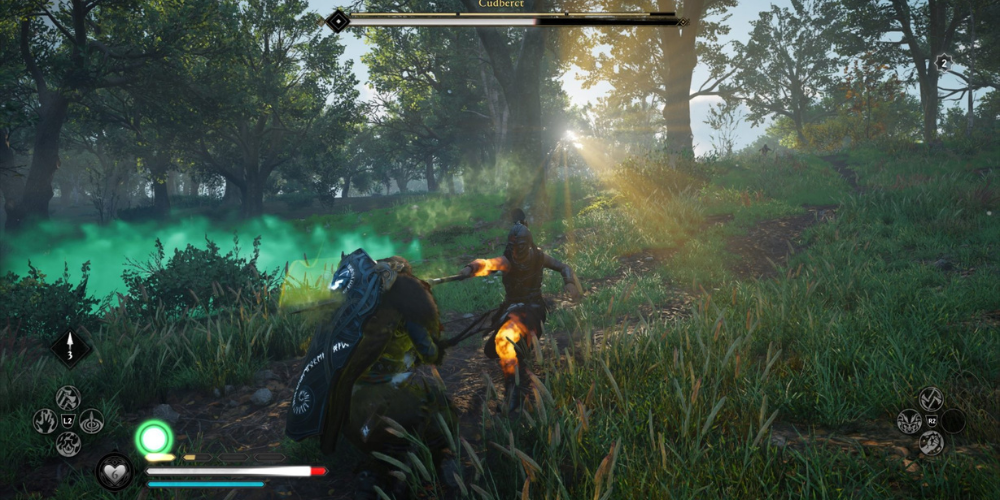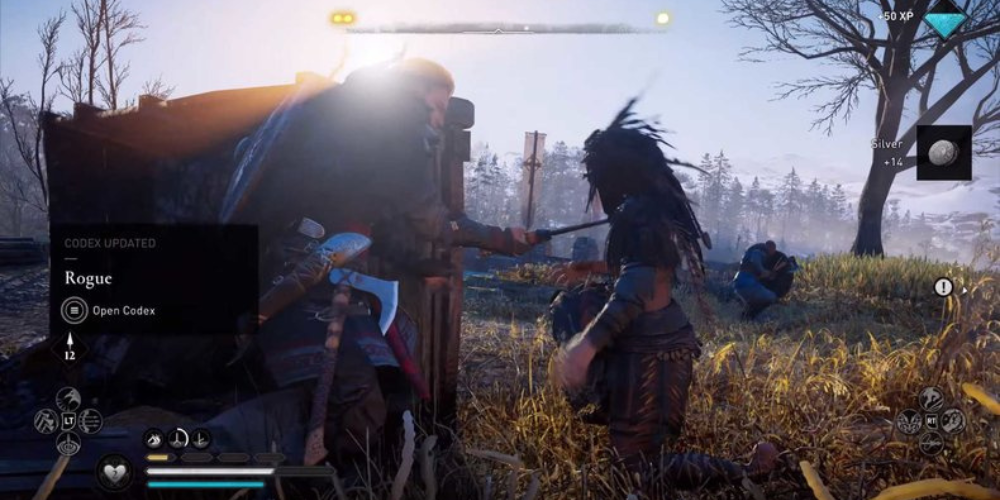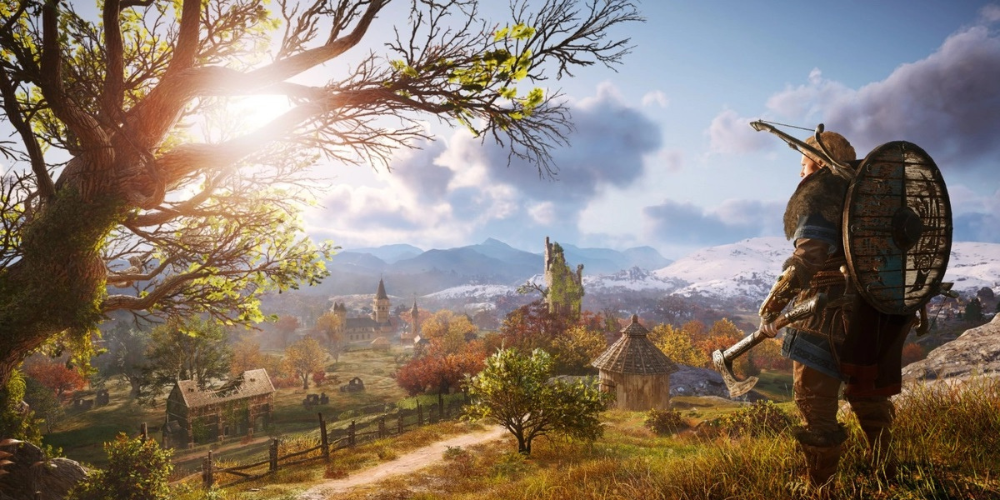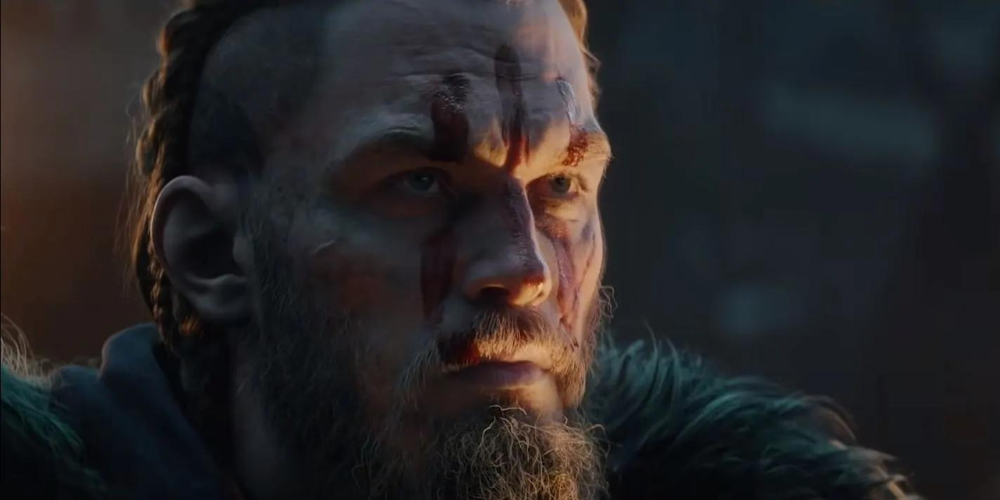Assassin's Creed Valhalla: Unveiling the Secrets of the Viking Era
- 1996

Embark on a thrilling journey back to the Late 8th to the early 11th Century with Ubisoft's Assassin's Creed Valhalla. This chapter of the acclaimed Assassin's Creed series introduces players to the Viking era, offering a mix of historical fiction, mythology, and real-world events. It's not just another game; it is a deep dive into the Viking age that captivates with its rich storytelling, intriguing gameplay, and breathtakingly immersive world. With Valhalla, Ubisoft went above and beyond to weave an intricate narrative that honors Viking culture while still providing the thrilling experience fans expect from the series. Let's unveil the secrets behind Assassin's Creed Valhalla and why it stands as one of the most compelling portrayals of the Viking era in gaming.
Historical and Cultural Accuracy
Anchored in historical precision, Assassin's Creed Valhalla offers a window into the Viking life, their conquests, and their explorations across Europe. Ubisoft painstakingly researched to ensure the culture, events, and environment reflect the era accurately. From the majestic fjords of Norway to the rolling hills of England, every location is designed with attention to historical detail, providing a stunning backdrop that feels alive and dynamic.

The game's portrayal of the Vikings goes beyond the stereotypical image of mindless raiders, highlighting their rich culture, social structure, and surprisingly democratic systems. Players get to experience Viking society, participate in traditional activities like feasting and storytelling, and explore their beliefs and values. The game even touches on Norse mythology, seamlessly blending it with historical events and making the player question the line between myth and reality.
Vibrant Open World Exploration
Assassin's Creed Valhalla's open-world exploration is on a scale previously unseen in the series. The game's world is vast, diverse, and teeming with life and opportunities. England and Norway, the primary settings, offer distinct landscapes, wildlife, and cultures. Players can embark on longships across the chilling North Sea, raid Saxon villages, or simply traverse the open countryside, uncovering hidden treasures and secrets that enrich the game's lore and world. The level of detail in the environment, from the architectural designs to the natural vistas, is a testament to Ubisoft's commitment to creating an immersive and authentic experience.
This extensive world influences the player's strategy, providing numerous paths to success, whether it be through brute force or stealth. The world reacts to the player’s actions, making each decision feel impactful and meaningful.
Immersive Gameplay and Combat System

Assassin's Creed Valhalla elevates the series' gameplay with its evolved combat system, enhanced role-playing elements, and innovative mechanics. The combat is visceral and strategic, allowing players to feel the weight and impact of every confrontation. With a wide variety of weapons and styles at their disposal, players can tailor their approach to combat, aligning with the Viking warrior's prowess.
The game also deepens its RPG elements, offering a rich character customization system and numerous skill trees that affect Eivor's abilities and the world around them. Decisions in dialogue and actions can alter the course of the story, leading to many outcomes and reinforcing the game’s replay value. Moreover, the settlement-building feature provides a personal touch as players develop their Viking colony, making strategic choices that influence their clan's prosperity and their adventures in England.
The Blend of History and Norse Mythology
One of the game's most striking features is its exploration of Norse mythology within the historically anchored setting. Players witness the Nine Worlds and legendary figures through Eivor's "visions," cleverly integrating these myths with the character’s spiritual beliefs. This blend not only enriches the narrative but also reflects the Vikings' perception of their world, where the lines between reality and myth were often blurred. This aspect of the game provides a depth that goes beyond mere historical reenactment, inviting players to ponder over the mythology's significance to the Vikings and how it influenced their lives and decisions.
Impact on Modern Understanding of Vikings

Assassin's Creed Valhalla has had a tangible impact on the popular perception of Vikings. By depicting Vikings in a more nuanced and accurate manner, the game challenges the long-held stereotypes and encourages players to appreciate the complexity of their society. This fresh perspective has sparked increased interest in Viking history and Norse mythology, leading more people to explore the era's true nature beyond the myths.
Furthermore, the game's focus on storytelling and character development allows players to form a personal connection with the era. Through Eivor's journey, players experience the joys, sorrows, and challenges of Viking life, making the historical period accessible and relatable. This emotional engagement has the potential to inspire a deeper appreciation and understanding of the Viking age beyond the game's narrative.
Conclusion
Assassin's Creed Valhalla is more than just a game; it's a comprehensive exploration of the Viking era, blending historical accuracy with immersive gameplay and captivating storytelling. Ubisoft's meticulous attention to detail in recreating the Viking world offers an unparalleled experience that educates as much as it entertains. Through its sophisticated portrayal of Viking culture, exploration of Norse mythology, and the profound impact on modern perceptions of Vikings, Valhalla stands as a testament to the power of games as a medium for learning and engagement with history. Whether you're a fan of the Assassin's Creed series, a history enthusiast, or someone seeking an epic adventure, Assassin's Creed Valhalla is a journey worth embarking upon, revealing the secrets of the Viking era in unprecedented depth and complexity.